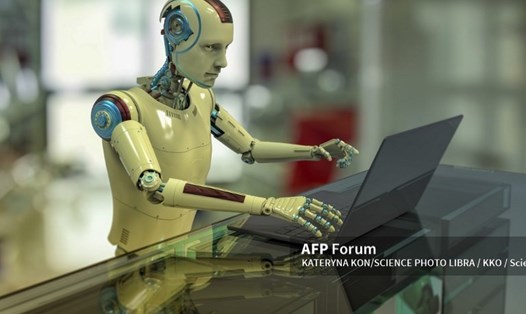Joshua Browder, CEO of New York-based startup Do not Pay, recently announced that his company's AI lawyer will represent a defendant in litigation over a driver's license in the courtroom on February 22. "Do not Pay A.I will tell them exactly what they need to say. We will announce the results and share more after it takes place," said the director.
However, we may never know how an AI lawyer will appear in court, as just a few days later, Mr. Browder announced that Do notPay would postpone his lawsuit after being accused of receiving threats from state prosecutors if he carried out his plan.
The CEO said many people in the state Bar Association had threatened his company, one even said he could be sentenced to six months in prison for the matter.
Even if it doesnt happen, the threat of a criminal record is enough to give it up, he said. The letters became so frequent that we thought it was just a distraction and we should continue.
Although the State Bar of California declined to discuss Do not Pay's situation, it said it is tasked with investigating potential cases of illegal legal practice.
The browser initially created Do notPay as a free chatbot that can help draft letters and fill in forms for various legal issues, including complaints about parking tickets. The company's "AI lawyers" are said to have been constructed by a number of AI-based text creators, including ChatGPT and DaVinci, but have been revised to focus on the law. Defendants using this technology in court will have to wear smart glasses to record the trial, as well as a headphone that helps AI tell them what to say.
However, as CBS News said in a previous report, the technology is illegal in most courtrooms. In addition, in some states, all statements of the parties must be agreed upon to be recorded. DoNotPay has looked at 300 trial cases, but only two are feasible. Finally, Browder reversed the direction and suggested that the company fix consumer rights issues, specifically reducing health bills, canceling registrations and disputes over credit reports, among other issues.
However, NPR said the CEO still hopes that artificial intelligence can finally help everyone in the courtroom.
"The truth is that most people cannot afford to pay lawyers. This may have changed the balance and allowed people to use tools like ChatGPT in courtrooms that could help them win lawsuits," he said.







